E2open’s Ocean Shipping Index Reveals Notably Improved Cross-Ocean Transit Time for Global Freight Deliveries
E2open
JANUARY 19, 2023
Based on information from e2open’s business network, encompassing 420,000 connected enterprises managing 13.5 Based on information from e2open’s business network, encompassing 420,000 connected enterprises managing 13.5 Companies can use this data to make informed decisions on when to book ocean freight.

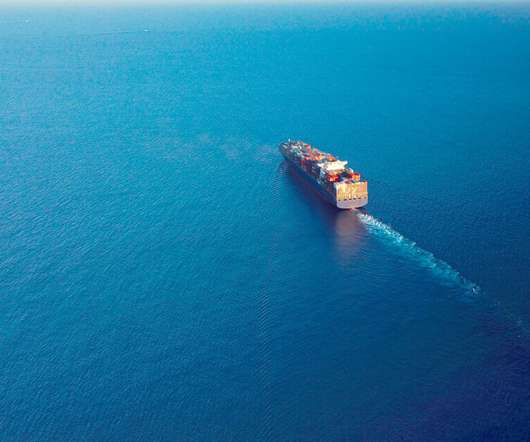



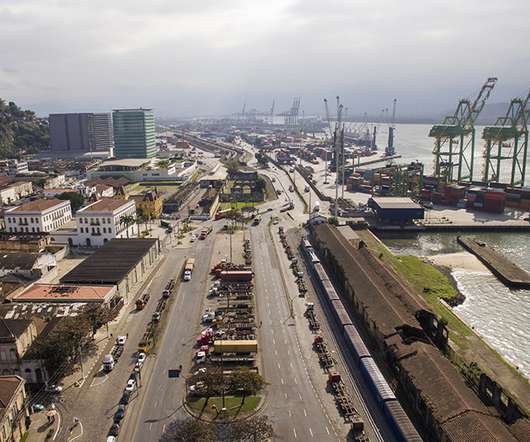
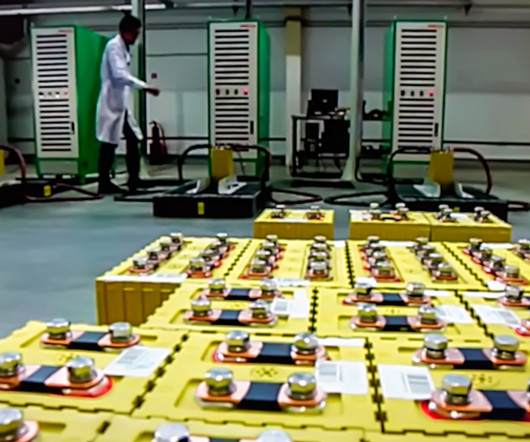
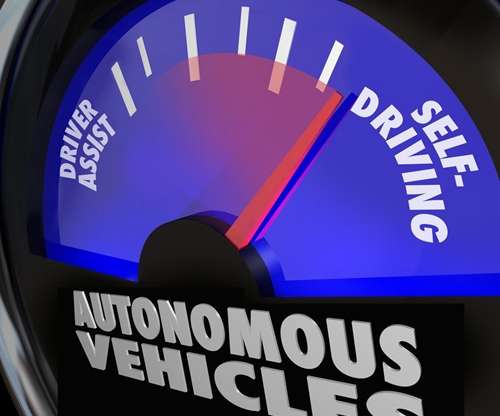
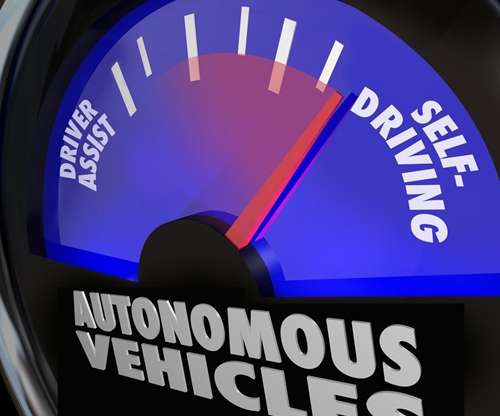
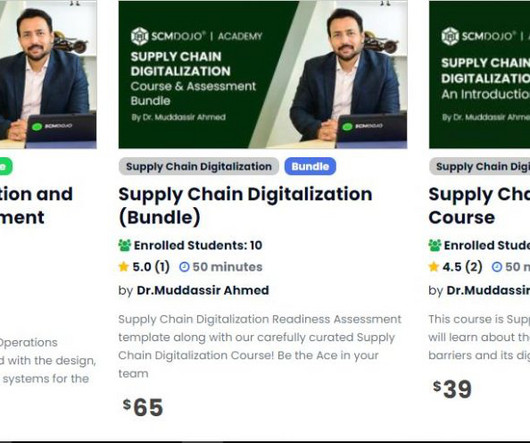















Let's personalize your content